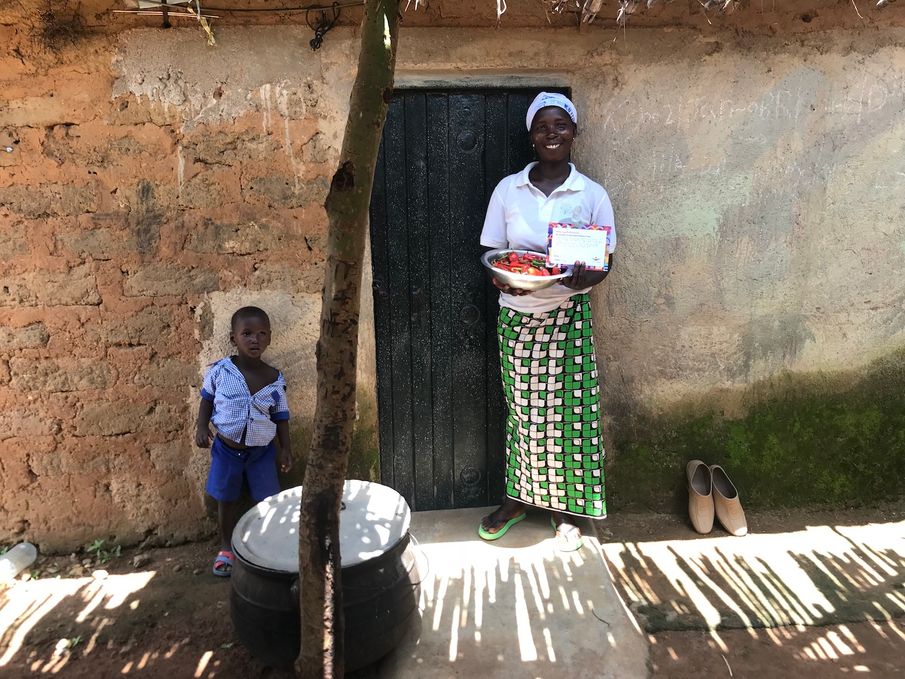This International Women’s Day, Women for Women International asks women to send a #MessageToMySister
Women for Women International, a charity which helps women survivors of war, wants to send a powerful message of sisterhood to women in countries affected by conflict: You are not forgotten.
The charity invites women to write a message of hope and support to another woman to let her know that she is not alone. Once the message is submitted through the charity, it will be translated and delivered to a woman on the charity’s programme.
The #MessageToMySister programme focuses on women caught up in “forgotten crises” that have persisted for decades that continue to devastate lives and spread suffering. Particularly as women are more likely to live in extreme poverty, lack economic prospects and safety nets, and face multiple forms of violence and discrimination, according to the charity.
“Everyone needs a support network; everyone needs to feel connected. That’s why our training programme focuses on bringing women together in a group, and fostering trust, solidarity and teamwork within deeply fractured social settings. Solidarity and connection on a global scale is important also,” Brita Fernandez Schmidt, Executive Director, Women for Women International UK stated.
“The feeling of being forgotten by the outside world, of being invisible, is very real and totally devastating – especially in regions where conflict has been ongoing for decades. It may sound unlikely, but whenever I meet women enrolled in our programmes, I hear how a few words from a stranger, thousands of miles away, can be a profound source of strength and reassurance during the darkest times.”
While highly-publicised conflicts dominate the international news, other conflicts have faced dwindling attention and funding from the outside world, like in the Democratic Republic of Congo, which saw 1.7 million people flee their homes because of escalating violence in 2017, or in Afghanistan, where civilian deaths reached a record high, and saw a 23% increase in women casualties from the previous year, and 9.3 million people facing food insecurity, the charity said.
Women for Women International works to bring attention to these women by empowering them to raise their own voices and by galvanising governments, international media and the public to acknowledge them and listen to their perspectives. Women enrol on the charity’s year-long training programme, where they learn how to earn and save money, improve their family’s health and make their voices heard. Since 1993, the charity has helped almost half a million marginalised women survivors of war in Afghanistan, Bosnia and Herzegovina, the Democratic Republic of Congo, Iraq, Kosovo, Nigeria, Rwanda and South Sudan.
“The letters I received from my sponsor warmed my heart. I thought about how a woman from far away who has never seen or met me has put her faith in me and made a commitment to change my life. If she was so committed to help me improve my life, why should I not do it for myself?
Each time I received a letter I read it many times, over and over again, especially when I felt low or had doubts about my future. I promised myself that I will do everything I could so her investment in me is worthy and not lost. Now I see there is no way back to a life where you are half asleep,” said Nazmije, who is a Women for Women International programme graduate from Kosovo.
The campaign, which began last year on International Women’s Day, brought in more than 1,200 messages from supporters in 61 countries – the charity hopes to double this number this year. If you would like to send a message of solidarity and support to a woman living in some of the world’s most dangerous places, visit Women to Women International UK.


Comments